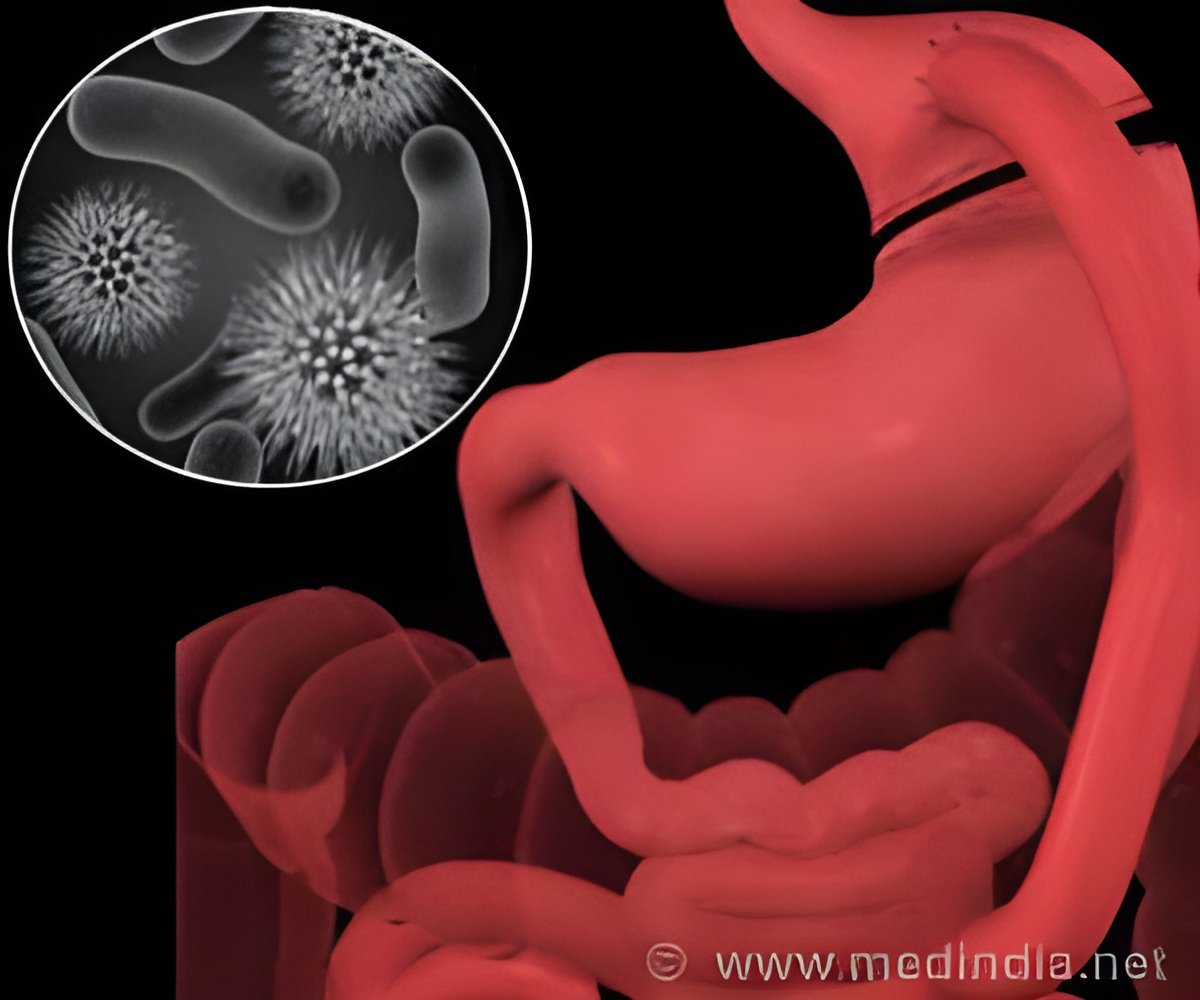Gut microorganisms can be helpful in acting against microorganisms and working as the first line of defense against infections.

Previous research studies have evaluated the influence of gut microbes on the function of immune cells, but little had been known about their influence on the production of immune cells, a process known as hematopoiesis.
In this study, published in the journal Cell Host & Microbe, investigators found that mice lacking gut microbes were defective in immune cell production. Immune cell populations have to be maintained and replaced to ensure enough immune cells are available to fight infection. Consequently, the investigators noted that mice lacking gut microbes were more susceptible to bacterial infections.
"This work provides important clues about the role of gut microbes in supporting a healthy immune system that is capable of providing efficient protection from infection," said Helen Goodridge, PhD, collaborating author, assistant professor in the Department of Biomedical Sciences and a research scientist in the Regenerative Medicine Institute. "We now have a clearer understanding of how gut microbes influence immune cell production, which has implications for immune defense against infection."
Findings also suggest that antibiotics may have unwanted effects on the immune system by depleting gut microbes and thereby compromising immune cell production, which could make a patient more susceptible to subsequent infections. However, the data also indicate that it might be possible to prevent this effect, at least partially, by delivering microbial components along with the antibiotics to stimulate immune cell production.
"As we found true in mouse models, we also believe that depletion of gut microorganisms in humans could lead to a suppressed immune system and a higher risk of acquiring a broad range of infections and diseases," said Alberto Yáñez, PhD, collaborating author on the study and a postdoctoral scientist in the Goodridge Laboratory. "Gut microbes play very important roles in maintaining human health and this study further highlights the risks associated with the overuse of antibiotics that indiscriminately target helpful, as well as harmful, bacteria."
Advertisement
Advertisement










